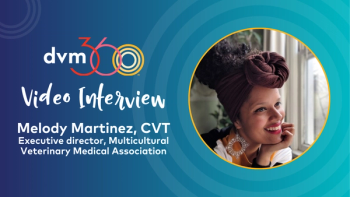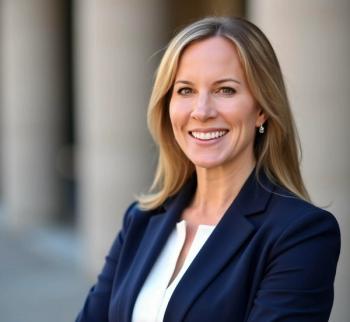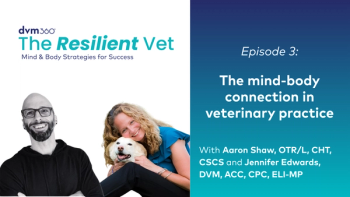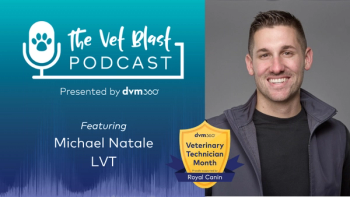
What is Pure Confidence?
Brian Faulkner, Bsc (Hons), BVM&S, CertGP (BPS), CertGP (SAM), MBA, MSc (Psych), MRCVS, from The Colorful Consultancy, explains 'pure confidence'.
Brian Faulkner, Bsc (Hons), BVM&S, CertGP (BPS), CertGP (SAM), MBA, MSc (Psych), MRCVS, from The Colorful Consultancy, explains 'pure confidence'.
Interview Transcript (slightly modified for readability)
"Confidence is almost like happiness, there's no one definition that everyone agrees on. So, I define it at two levels: the first level is what I call 'task confidence,' and task confidence is a belief what we feel that we'll be able to adapt when doing a task, if necessary, in order to affect a good outcome in that task, whereas the alternative level is 'self confidence' and self confidence is a belief in our particular qualities, judgments, and abilities.
So, with respect to talking about ourselves and our beliefs in ourselves and how that can relate to being too confident and [the question of] if being too confident can be a bad thing? Absolutely. So, this is where this ambiguity of this word 'confidence' comes in. Confidence can sometiimes be cockiness or just downright arrogance but I wouldn't call that pure confidence as I would define it.
People often say about confidence when they're trying to instill or encourage confidence in another person, 'I believe in you,' as if that somehow encourages them, but secretly when people say that to us, we end up thinking, 'Yeah, thank you, but that doesn't actually make me feel any more confident.' What people are actually trying to say when they say, 'I believe in you,' is actually, 'I believe that you have the potential to grow and acquire skills, knowledge, motivation, that you will need to get there. So, that's a very subtle, but very, very significant part. The most confident and the most progressive sports people, actors, business people, [and] leaders, are not the ones who believe they have it all right now, but the ones who believe that they willbe able to acquire what they needv to get there eventually."
Newsletter
From exam room tips to practice management insights, get trusted veterinary news delivered straight to your inbox—subscribe to dvm360.






